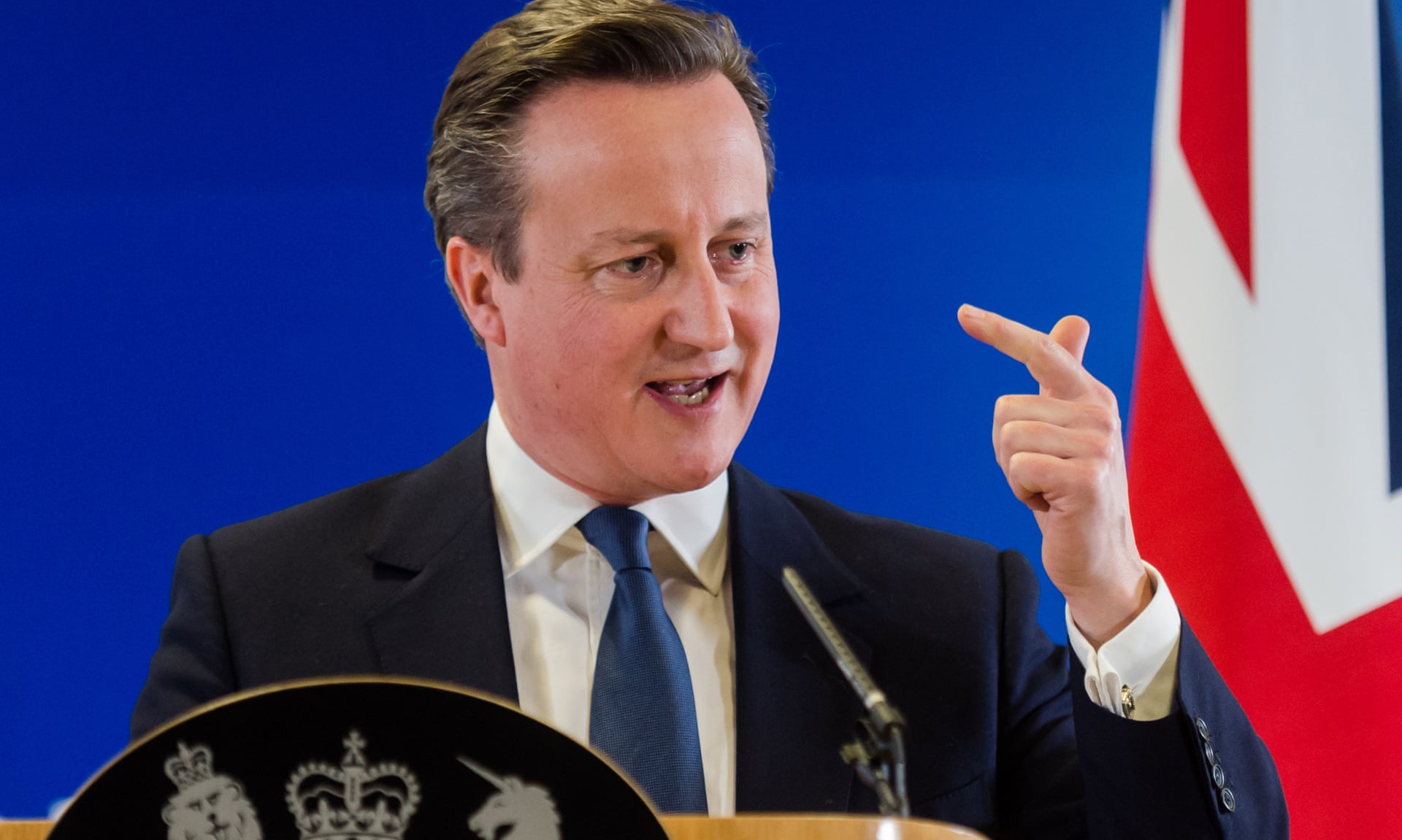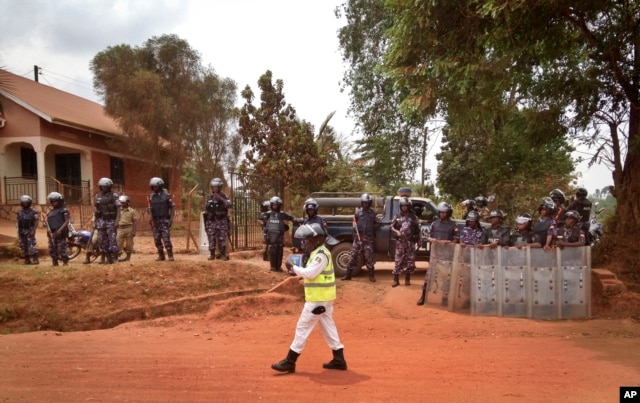by Shelby Vcelka
Impunity Watch Desk Reporter, Europe
LONDON, England–
Hours after announcing that a deal had been reached between the United Kingdom and other European Union member nations, British Prime Minister David Cameron stated that he will campaign with all his “heart and soul” to keep his country within a reformed EU system. The agreement came after two days of intense talks in Brussels, culminating with a unanimous decision by EU leaders that would allow the UK to stay within the system under negotiated terms.

Prime Minister Cameron is scheduled to hold a cabinet meeting on February 20th, where he will recommend that the government officially approve the terms, which will allow him to call a referendum on the matter. He stated, ““In an uncertain world is this really the time to add a huge new risk to our national and our economic security? I don’t believe that is right for Britain. I believe we are stronger, safer and better off inside a reformed EU and that is why I will be campaigning with all my heart and soul to persuade the British people to remain in the reformed EU that we have secured today.”
The negotiated agreement allows the UK to remain in the EU system with several major changes. An “emergency break” on EU migrants claiming in-work benefits will be in place for seven years, and individuals will only be covered for four years. Restrictions will also be placed on paying benefits to migrants from other EU countries, and Britain has no obligation to promote an “ever closer union among the peoples of Europe.” The UK also does not have to cooperate with the euro or contribute in eurozone bailouts. However, the UK will maintain full access to the EU’s free-trade market, and receive the advantages of European collaboration on crime and terrorism.
Despite the negotiations, many high profile politicians, including members of Cameron’s own cabinet, will continue to back the British exit, or “Brexit,” from the EU. Their worries primarily focus on backing a failing system of a European “super nation” and having to bear the burden of supporting struggling member nations. Britain has traditionally distanced itself from the rest of the European continent, and a Brexit would be seen as consistent with British foreign policy.
The referendum, if approved by the cabinet, could come as early as June. As of yet, it is unsure whether or not the agreement will be supported.
For more information, please see–
BBC–EU deal gives UK special status, says PM— 19 February 2016
CNN–Cameron: We have a deal with the EU— 19 February 2016
The Guardian–Cameron will put ‘heart and soul’ into staying in EU after sealing deal— 19 February 2016
The Telegraph–EU summit – live: David Cameron hails deal ‘to give UK special status in the EU’ – including seven-year brake on migrant benefits – paving way for June referendum— 19 February 2016
